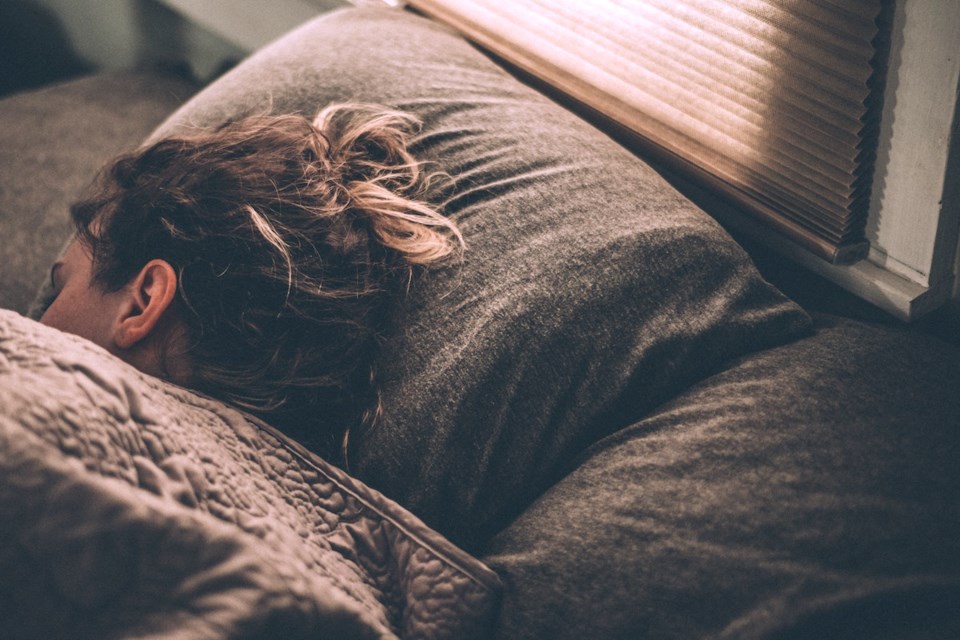The coronavirus pandemic has thrown many of our normal routines out the window.
But there’s one routine that parents can and should stick to: regular bedtime for their children.
Not only is it essential for getting them to school on time but sleep is vital for their mental well-being.
And if summer’s bedtime routines have been lax, the time to start going to bed earlier is now.
“Children are not going to be able to have late night, late night, late night and then suddenly, the night before school, have the parents say ‘Well, I know you’ve been staying up till 10:30 but tonight you’re going to bed at nine.’ It’s not going to work,” says Wendy Hall, a professor emerita at the University of British Columbia’s school of nursing.
“Children are not going to be able to turn it around on a dime. Gradually move the bedtime earlier until you’re getting closer to the time when you’d expect them to go to bed on a school night and not sleep in in the morning.”
Although not all school programs are returning, such as sports or after-school clubs, Hall also has advice about how to help your child structure their activities to make sleep come more easily once the lights are turned off.
“In countries where there’s a lot of expectation for children to do a lot of extracurricular work, studies show those children get less sleep. They don’t do as well from a physical and psychological point of view. You want balance,” Hall says.
So, while students might have homework or assignments, make sure they stop working on those assignments at least an hour before bedtime. “More often than not, homework involves screen time and you don’t want them sitting in front of the screen is that it tends to cause cognitive and physiological arousal. The blue light exposure also disrupts your circadian rhythm.”
Getting fresh air every day is vital but you should avoid strenuous physical exertion before bed. That heats up your core body temperature, which takes time to drop down so that you can relax and go to sleep.
After dinner is perfect for family activities such as playing games or doing hobbies together.
Think of the young child who pulls on your pant leg demanding attention when you’re on the phone. Even adolescents and teenagers appreciate their parents paying attention to them.
“Research has suggested that for adolescents, feeling connected with their family goes a long way to promoting their sleep and their ability to engage in self-care. It’s a major factor,” Hall says. “The little ways you can weave in togetherness are really important in a family, particularly at a stressful time like this.”
As important as it is to monitor a child’s sleep, don’t let it become a source of anxiety that you pass on to your children — an anxiety that keeps them awake.
“I have watched mothers transmit their anxiety to children as young as seven months old. They get so anxious about whether their child is falling asleep that it’s like watching electricity between the two of them. It just escalates the anxiety.”
Finally, Hall has an old-school suggestion for good back-to-school sleep routines: read a hard-cover book before bedtime.
“If your children are younger, a parent can tell them a story or sing them a song,” she says. “When it’s the same routine all the time, it gives them a sense of security because it’s a signal that sleep is coming.”
Martha Perkins is the North Shore News’ Indigenous and civic affairs reporter. This reporting beat is made possible by the Local Journalism Initiative.



